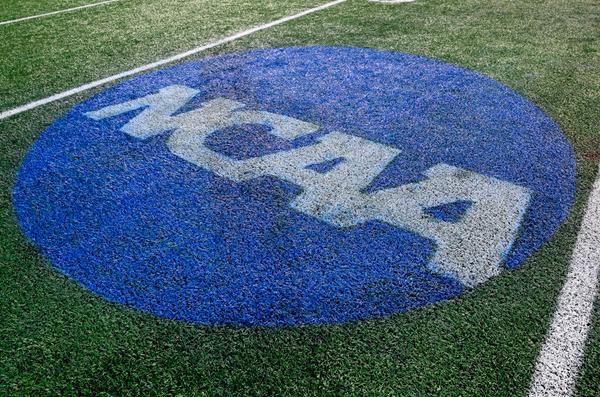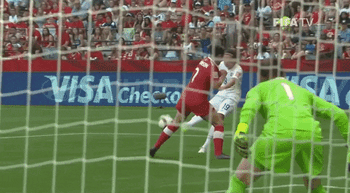The latest in the Johnson v. NCAA legal battle

The GIST: It’s not very sunny in Philadelphia for the NCAA. As we covered in yesterday’s episode of The GIST of It, the U.S. Third Circuit Court of Appeals heard oral arguments in Johnson v. NCAA on Wednesday, and a three-judge panel from the City of Brotherly Love ripped into the organization’s business model.
The case: In 2019, ex-Villanova football player Trey Johnson filed a class-action lawsuit against the NCAA and other member institutions over minimum wage violations, arguing that students-athletes are employees of their schools and should be paid minimum wage for their work.
- The aforementioned panel will decide if a district court judge applied the correct standard when he chose not to toss the case last summer, despite the NCAA’s request for dismissal. A decision is expected in the spring or early summer, with an appeal likely imminent either way.
The hearing: The panel skewered the NCAA’s argument that college sports are extracurriculars and asked about players’ time commitments and the influence coaches have over scholarships. One judge even countered the NCAA’s claim that athletes play without “expectation of pay,” saying that college sports aren’t “in a free market universe.”
- The NCAA’s lawyers are standing on shaky ground in Johnson. They reference other industries with examples of unique employee status and are heavily leaning on a 1992 decision in Vanskike v. Peters.
- In that case, a judge ruled that inmates don’t qualify as employees of a prison, citing the 13th Amendment’s directive that slavery is illegal except as punishment for a crime. Relying on a slavery loophole feels … pretty gross.
The context: When the name, image and likeness (NIL) era began in 2021, the NCAA’s illusion of amateurism began to crack. Massive brand deals, combined with existing media contracts commanded by top college sports, prove that athletes bring immense tangible value to the NCAA and ushered in widespread challenges to college sports’ financial structure.
Zooming out: Recent legal battles suggest that student-athletes will eventually be deemed employees, which begs the question: How will they be compensated for their work? Johnson suggests schools should ante up minimum wage, but that’s not the only offer on the table.
- A proposed bill in California, for example, would require schools to share up to 50% of revenue with athletes on teams that earn twice as much as they spend on scholarships. Pay up.
Enjoying this article? Want more?

Sign up for The GIST and receive the latest women's sports business news straight to your inbox three times a week

